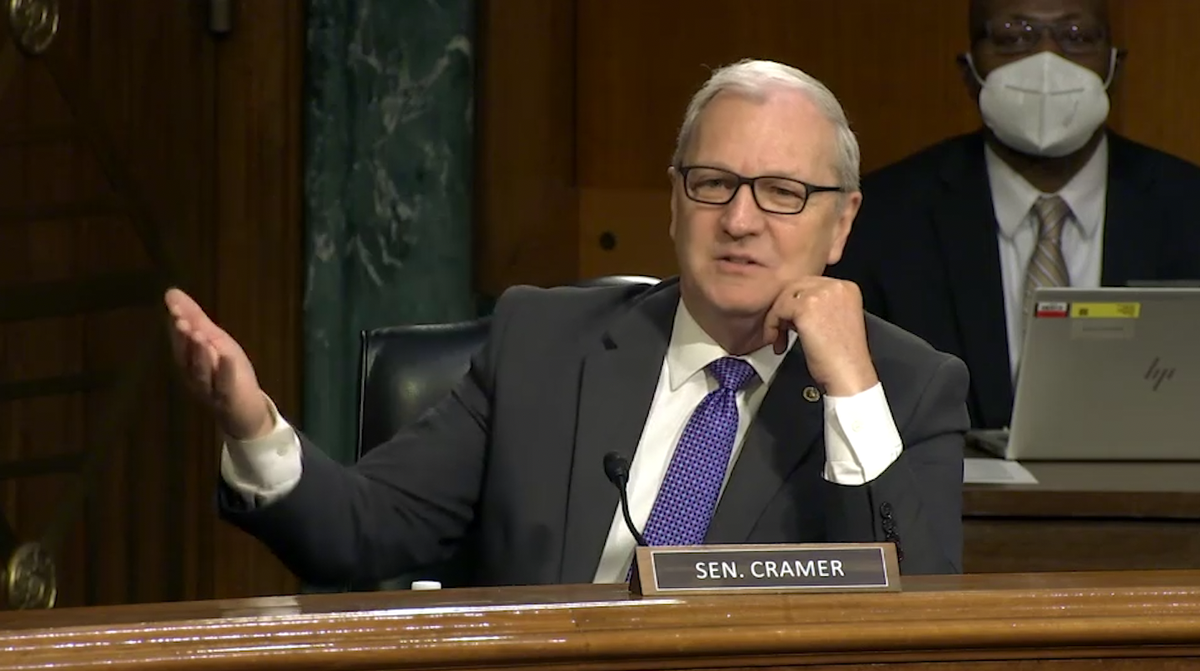Source: United States Senator Kevin Cramer (R-ND)
WASHINGTON – U.S. Senator Kevin Cramer (R-ND) discussed the future of the Renewable Fuel Standard (RFS) at a Senate Environment and Public Works (EPW) Committee oversight hearing yesterday. The RFS program, administered by the U.S. Environmental Protection Agency (EPA), requires U.S. transportation fuel to contain a minimum blend of renewable fuel. As a result of lazy legislating, the RFS lacks clarity and relies on heavy deference to administrative implementation which has led to dissatisfaction with the program from stakeholders in every sector.
“Administrations have been given an awful lot of leeway to determine things like RVOs, even when they’re stated in the law. The small refinery hardship waivers [are] another tool. And then we get upset because, you know, for four years it’s one way and then for four years is another way and then for four years is another way. For the last decade, several people I’ve discussed this with have denied that at the end of 2022 there [will be] a ‘new rule’ in place [because] the [congressionally mandated] RVOs are no longer in law. In other words, the EPA and the Administration [will have] even more unilateral authority after this year… The EPA gets carte blanche authority [of the program], in my view, in 2023,” said Senator Cramer.
“That’s something that keeps me awake at night… The problem is that EPA had discretion in how to set up the program, and its set up the program in such a way that it distorted competition,” responded Ms. Leann Johnson, Partner at Perkins Coie, LLP. “Until this market distortion is fixed, it’s a recipe for destroying those refineries that cannot blend… We need to fix the structure of [the] program. If we just go straight ahead, we’re going to just collateral damage our industry.”
“After 2023 there are no congressionally set blending requirements. So EPA does have greater flexibility in terms of setting the blending obligations. The EPA does have some things they need to consider like jobs creation, energy independence, and environmental impact. One of the things we have all suffered from, in every sector, is the lack of certainty and stability. If there is an obligation it needs to mean something, if there is a deadline it needs to mean something.” added Emily Skor, CEO of Growth Energy.
Senator Cramer concluded by highlighting that we are quickly approaching the end of the last calendar year where quantitative RFS volume targets are written in statute and full deference reverts to the EPA.
“The biggest point that I want to make is 2022 is here now. For 10 years, people looked at me like don’t worry that’s in the future. Well it’s not in the future anymore. So we have to come up with something,” said Senator Cramer.
